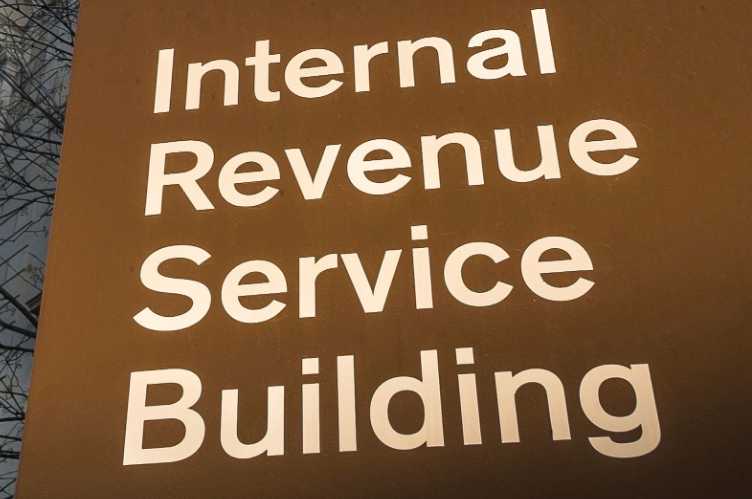Committee Substitute makes significant structural change to Progressivity among other changes
JUNEAU- Today, the Senate Finance Committee introduced and adopted a new version of the Senate’s oil tax bill.
Building on work done by the Senate Resources Committee, who crafted the original version of the bill, the Senate Finance Committee’s new committee substitute (CS) for Senate Bill 192 makes reasoned reductions to the state’s current oil tax, ACES. The bill also rewards new oil production, separates oil and gas taxes, safeguards state revenue at low oil prices, and makes information more readily available to policymakers.
“The changes in this CS are the result of expert analysis and testimony given by our world-class consultants, in-depth discussions had with the major oil companies, and valuable feedback received from the public,” said Senate Finance Co-Chair Bert Stedman (R – Sitka). “It builds upon the sound work done by my colleagues in the Senate Resources Committee and gets us closer to the ultimate goals of increasing Alaska’s competitiveness, increasing oil production, and ensuring Alaskans receive maximum benefit for our resource.”
A key provision of the CS makes a significant structural change to the state’s progressivity tax on oil production. Progressivity, which increases the amount of tax owed by an oil company as the price and profit from a barrel of oil increases, is generally agreed to be the part of the state’s oil tax regime most in need of adjusting.
The change, which shifts progressivity from a net tax to a gross tax, makes for a simpler, more flexible, and overall more sensible system in three key ways:
– It allows targeting of different tax rates for different types of new oil production, including oil from new fields and from heavy and shale oil plays, without requiring multiple tax filings and separate accounting;
– It creates a de facto ‘decoupling’ of the state’s currently combined oil and gas taxes, which under high oil and low gas prices could result in billions of dollars of lost revenue to the state;
– It protects the state from sharing too heavily in the financial risk associated with exploration drilling and removes the incentive for oil companies to “drill for the sake of drilling,” both of which exist under ACES’ generous system of tax credits.
The CS also lowers the rate of progressivity at oil prices above $100 per barrel to ensure a fair split between state government and the oil industry. ACES as currently written results in excessive levels of government take at high oil prices, which both the oil industry and energy consultants have claimed produces a strong disincentive for reinvestment in Alaska.
The CS also encourages the development of new oil fields by lowering the progressivity rate for oil fields other than the giant North Slope “Legacy” fields, Prudhoe Bay and Kuparuk.
For more information, please contact Darwin Peterson or Trevor Fulton in Senator Stedman’s office at 907-465-3873.





